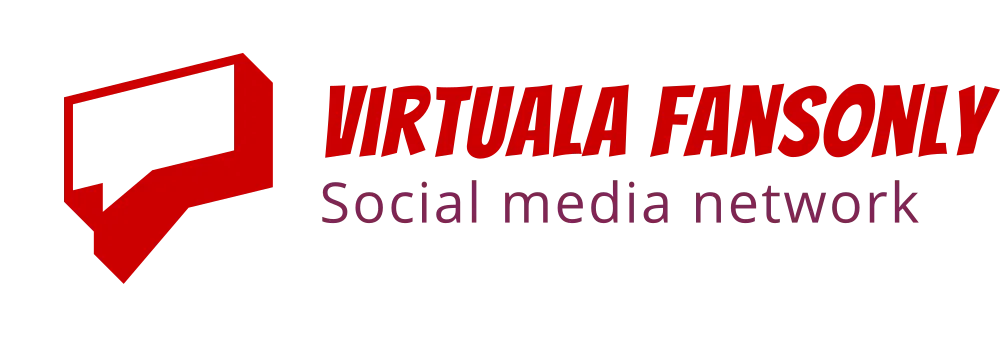Once an employee gives notice, it's too late.
People don’t quit jobs, they quit poor leadership, broken cultures, and stagnant environments.
A colleague once told me:
“I didn’t leave because of the workload or pay, I left because I couldn’t see myself thriving there anymore.”
And that’s the real issue.
Employees rarely leave for a single reason.
They leave because of the culture, the leadership, and a lack of opportunity to grow.
Here’s why your team might be walking out:
Retention isn’t about hiring more people to fill empty seats.
It’s about asking: Why are they leaving in the first place?
Here are the top reasons employees quit:
1) They feel invisible.
- When was the last time you recognized their contributions?
2) Growth has stalled.
- If there’s no development or career path, people will outgrow you.
3) Feedback is a joke.
- Micromanaging isn’t feedback. Silence isn’t either.
4) Culture feels toxic.
- Gossip, favoritism, or burnout damages morale faster than you think.
5) Pay doesn’t match the value.
- People notice when their paycheck doesn’t reflect their effort.
6) Leaders don’t inspire.
- Great leadership isn’t about authority, it’s about empowerment.
7) Work-life balance is a myth.
- When “flexibility” feels like a trap, people won’t stay.
What companies get wrong about retention:
→ Exit interviews won’t save you.
By the time someone quits, they’ve already mentally left months ago.
→ Perks don’t replace purpose.
Free coffee won’t fix poor leadership or lack of appreciation.
→ High turnover is expensive.
Losing employees costs more than just their salary, it’s morale, momentum, and knowledge walking out the door.
Be the reason they stay, not the reason they leave.
What’s your take? Let’s hear it in the comments.
Repost this to your network if you found it insightful!
#resignation #retention #jobs #advice #tips #employee #burnouts #stress #hiring #worklifebalance #flexibility #toxicity #workculture #purposeOnce an employee gives notice, it's too late.
People don’t quit jobs, they quit poor leadership, broken cultures, and stagnant environments.
A colleague once told me:
“I didn’t leave because of the workload or pay, I left because I couldn’t see myself thriving there anymore.”
And that’s the real issue.
Employees rarely leave for a single reason.
They leave because of the culture, the leadership, and a lack of opportunity to grow.
Here’s why your team might be walking out:
Retention isn’t about hiring more people to fill empty seats.
It’s about asking: Why are they leaving in the first place?
Here are the top reasons employees quit:
1) They feel invisible.
- When was the last time you recognized their contributions?
2) Growth has stalled.
- If there’s no development or career path, people will outgrow you.
3) Feedback is a joke.
- Micromanaging isn’t feedback. Silence isn’t either.
4) Culture feels toxic.
- Gossip, favoritism, or burnout damages morale faster than you think.
5) Pay doesn’t match the value.
- People notice when their paycheck doesn’t reflect their effort.
6) Leaders don’t inspire.
- Great leadership isn’t about authority, it’s about empowerment.
7) Work-life balance is a myth.
- When “flexibility” feels like a trap, people won’t stay.
What companies get wrong about retention:
→ Exit interviews won’t save you.
By the time someone quits, they’ve already mentally left months ago.
→ Perks don’t replace purpose.
Free coffee won’t fix poor leadership or lack of appreciation.
→ High turnover is expensive.
Losing employees costs more than just their salary, it’s morale, momentum, and knowledge walking out the door.
Be the reason they stay, not the reason they leave.
What’s your take? Let’s hear it in the comments.
♻️ Repost this to your network if you found it insightful!
#resignation #retention #jobs #advice #tips #employee #burnouts #stress #hiring #worklifebalance #flexibility #toxicity #workculture #purpose










